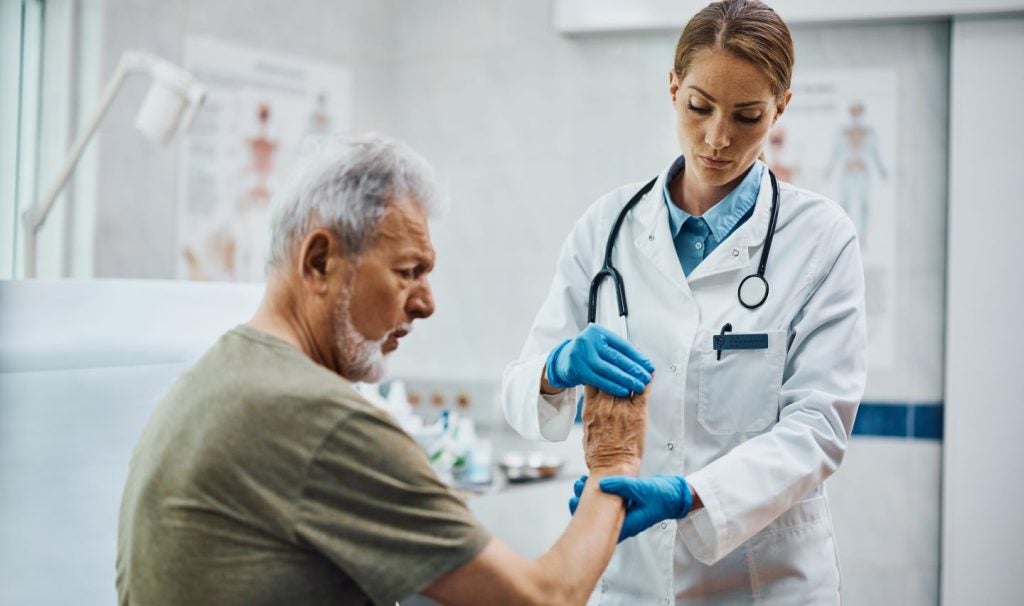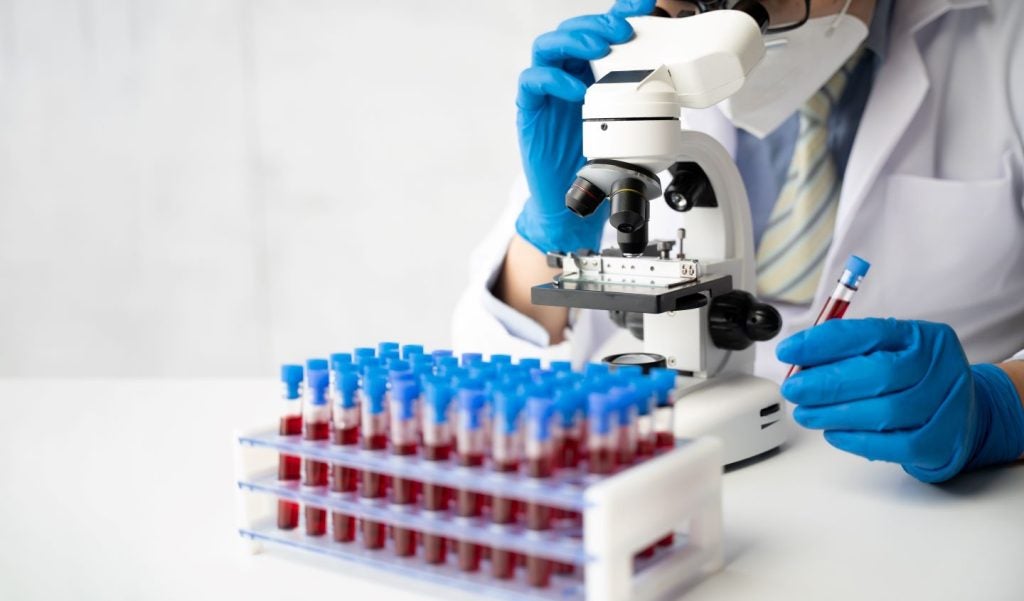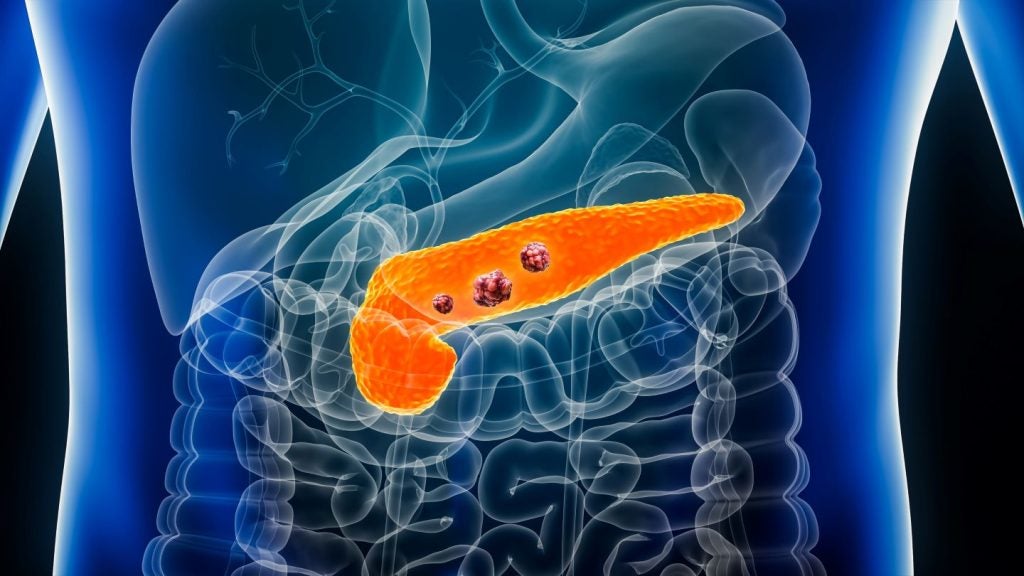Eli Lilly and Company subsidiary Akouos has reported encouraging initial data from the Phase I/II AK-OTOF-101 clinical trial of its investigational gene therapy, AK-OTOF, for genetic hearing loss.
The trial has demonstrated pharmacologic hearing restoration within 30 days of administration in the first participant, who had a history of profound hearing loss for more than a decade.
A dual adeno-associated viral (AAV) vector-based gene therapy, AK-OTOF is in the developmental stage for treating sensorineural hearing loss due to mutations in the otoferlin gene (OTOF).
It aims to reinstate auditory function by gene transferring and lasting expression of the normal, functional otoferlin protein to the cochlea’s inner hair cells.
The therapy uses AAVAnc80, a capsid known for its increased transduction efficiency in inner hair cells, and a promoter to ensure that otoferlin expression is confined to the target cells.
This targeted approach has the potential to restore high acuity physiologic hearing.
The AK-OTOF-101 trial is designed to evaluate the tolerability, safety and bioactivity of escalating doses of the gene therapy delivered using the Akouos delivery device.
It enrolled children aged two to 17 years. Participants underwent a single, unilateral intracochlear administration of AK-OTOF, with hearing restoration assessed through behavioural audiometry and auditory brainstem response.
According to the findings, an 11-year-old subject with profound hearing loss since birth experienced restored hearing across all tested frequencies following treatment. The subject also attained thresholds of 65 to 20dB HL and was within the normal hearing range at certain frequencies at the 30-day visit post treatment.
The therapy was also well received, without any serious adverse events reported.
Lilly Gene Therapy SVP and Akouos CEO Emmanuel Simons said: “These initial results highlight the potential impact genetic medicines could have on individuals with OTOF-mediated hearing loss and reinforce our mission to make healthy hearing available to all.”















